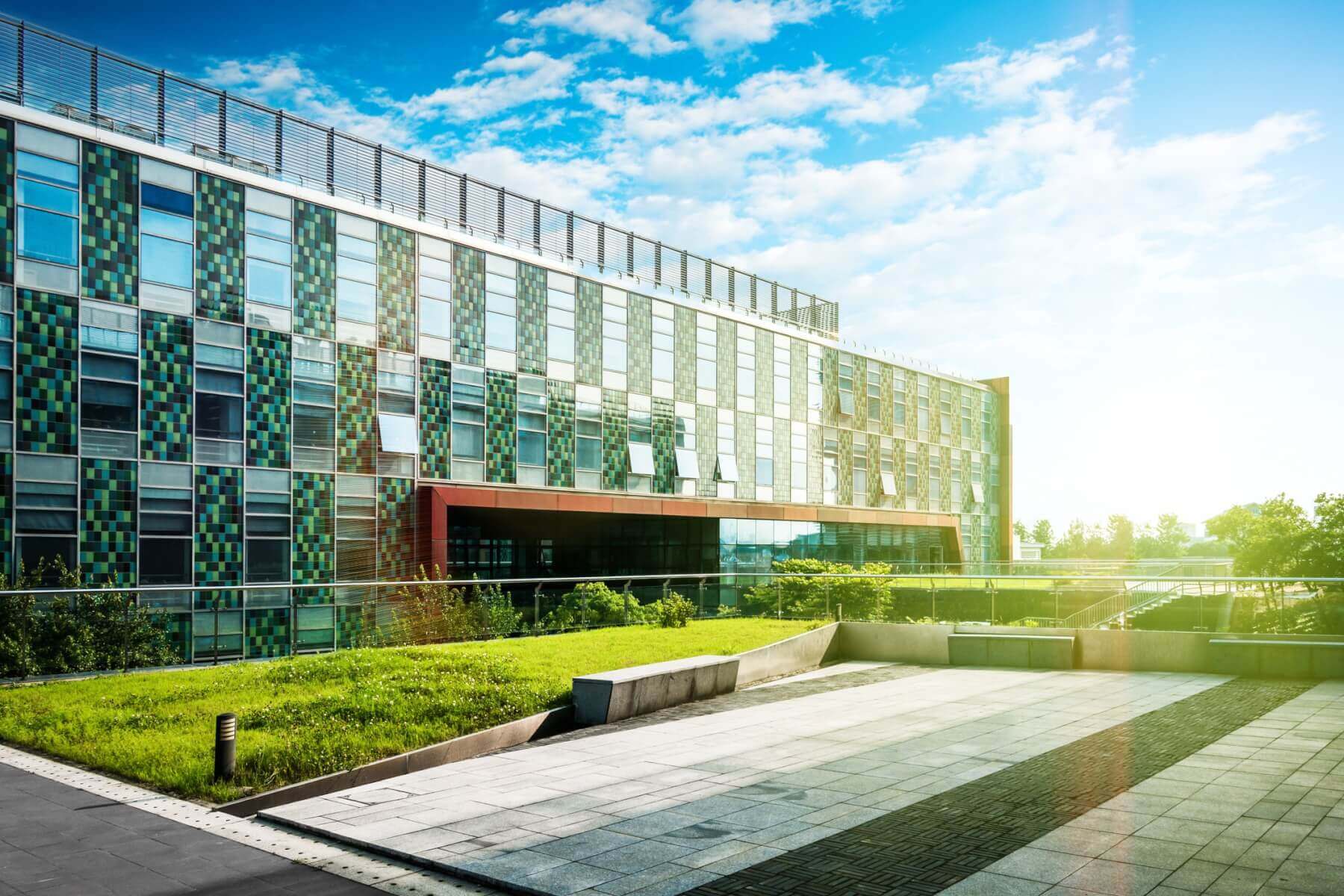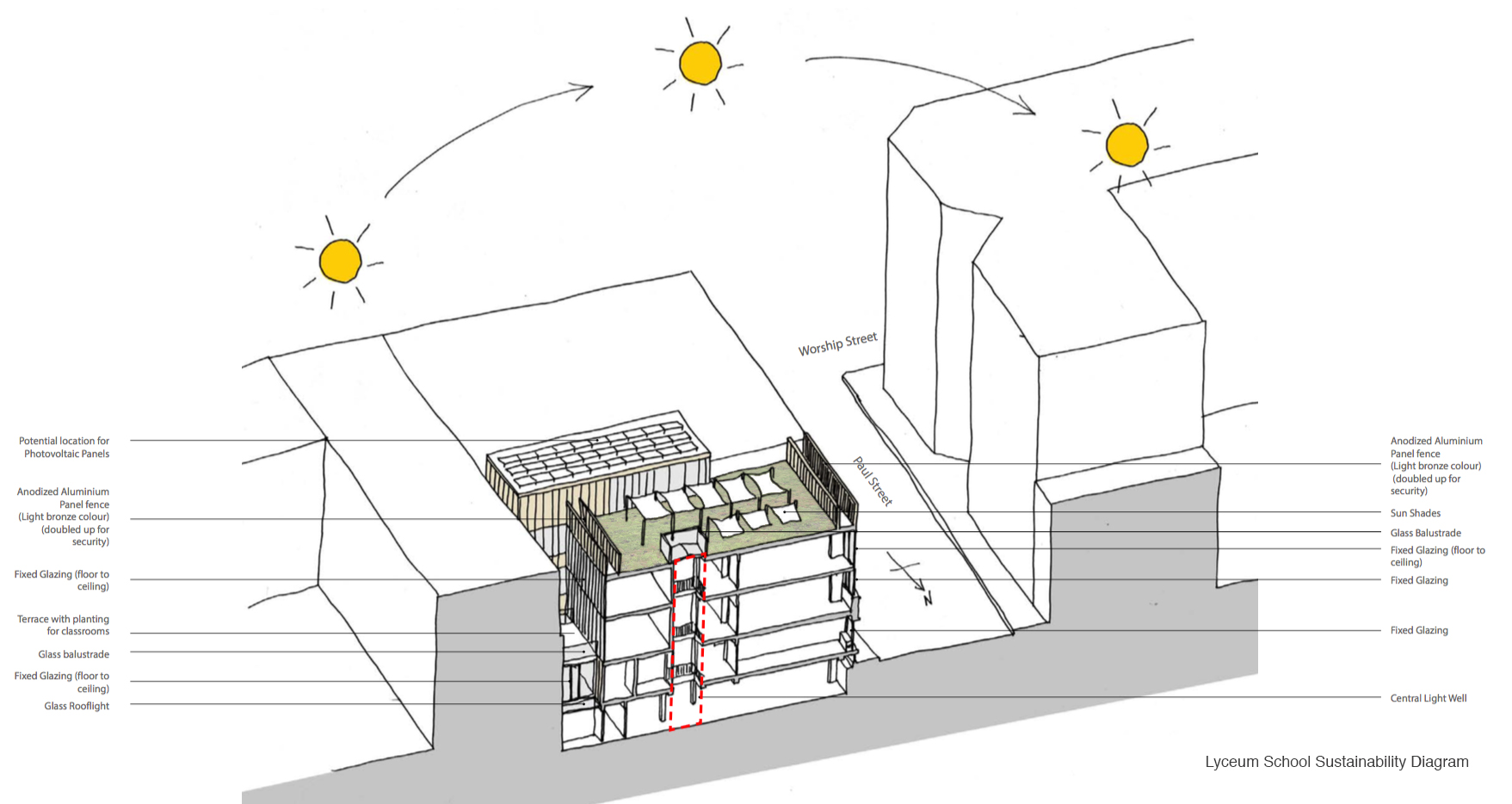What Are The Key Principles Of Sustainable Architecture?

If we want to secure a prosperous future for ourselves and the generations to come, it's crucial to approach the way we live and operate in a sustainable manner. But what exactly does it mean to be sustainable? Sustainable development is a multifaceted concept that aims to meet the needs of the present without compromising the ability of future generations to meet their own needs.
This approach is based on a set of key principles that guide the decision-making process towards a sustainable future. In this article, we'll explore these principles and discuss why they're essential for building a world that can thrive and endure.
Principle 1: Environmental Protection
Environmental protection is at the core of sustainable development, and it's the responsibility of all of us to protect the planet and its natural resources. The first principle of sustainable development focuses on conserving the environment, safeguarding biodiversity, and reducing pollution.
One of the ways we can achieve environmental protection is by reducing the amount of waste we produce and increasing recycling efforts. Another is by shifting towards renewable energy sources such as wind and solar power.
Principle 2: Social Responsibility
Sustainable development doesn't only involve environmental concerns; it also takes into account social and economic ones. The second principle of sustainable development is centered on social responsibility. This principle highlights the importance of treating people fairly, ensuring human rights, and reducing poverty rates around the world.
One of the ways we can ensure social responsibility is by providing equal opportunities for education and healthcare. We should also respect cultural diversity, promote sustainable tourism, and support local communities by buying from small businesses.
Principle 3: Economic Prosperity
Economic prosperity is the third principle of sustainable development. Without a strong economy, it's impossible to achieve environmental protection or social responsibility. Economic development should be sustainable, meaning that it aims for long-term growth and job creation while taking into account the health of the planet and the well-being of society as a whole.
To achieve economic prosperity, we must promote green jobs and invest in sectors like renewable energy and sustainable agriculture. We should also encourage entrepreneurship and innovation while fostering responsible consumption and production.
Principle 4: Cross-Cutting Issues
The fourth principle of sustainable development concerns cross-cutting issues. Cross-cutting issues are challenges that affect and interact with all three pillars of sustainable development. These issues include gender equality, governance, science, and technology, among others.
Gender equality is crucial for achieving sustainable development because women and girls play a significant role in shaping environmental policies and working towards a greener future. Effective governance is also essential to ensure that sustainable policies are implemented correctly and monitored effectively. Science and technology also have a crucial role to play in sustainable development, from developing clean energy solutions to creating innovative materials that can replace single-use plastics.
Principle 5: Inter-generational Equity
The final principle of sustainable development is inter-generational equity. This principle emphasizes that we have a responsibility to future generations to leave the world in a better state than we found it. This means that we must take into account the impacts of our actions today on the planet and society tomorrow.
Inter-generational equity can be achieved by investing in infrastructure that is sustainable and durable, promoting education and awareness of sustainable practices, and working towards policies and strategies that consider the long-term effects of our decisions.
Frequently Asked Questions
What is the main goal of sustainable development?
The main goal of sustainable development is to meet the needs of the present without compromising the ability of future generations to meet their own needs.
What are the principles of sustainable development?
The principles of sustainable development include environmental protection, social responsibility, economic prosperity, cross-cutting issues, and inter-generational equity.
Why is sustainable development essential?
Sustainable development is essential because it aims to provide a prosperous future for ourselves and the generations to come, while taking into account the health of the planet and the well-being of society as a whole.
How can I be more sustainable in my daily life?
There are many ways to be more sustainable in your daily life, from reducing your waste and consuming less water and energy to supporting local businesses and switching to renewable energy sources. It's essential to educate yourself and stay informed on sustainable practices and how you can make changes in your life that contribute to a better future for all.
What role does social responsibility play in sustainable development?
Social responsibility is a crucial pillar of sustainable development because it aims to ensure fairness and equality for all people while reducing poverty rates and promoting cultural diversity. It also involves taking into account the well-being and needs of future generations.
How does sustainable development affect economic prosperity?
Sustainable development and economic prosperity are interdependent. Economic development must be sustainable to achieve environmental protection and social responsibility. Investing in green sectors like renewable energy and sustainable agriculture, promoting entrepreneurship and innovation, and fostering responsible consumption and production are just some of the ways that sustainable development can contribute to economic growth and job creation.
What is inter-generational equity?
Inter-generational equity means that we have a responsibility to future generations to leave the world in a better state than we found it. Taking into account the impacts of our decisions today on the planet and society tomorrow is crucial to achieving inter-generational equity.
Overall, sustainable development is a comprehensive approach that encompasses environmental, social, and economic issues. Adhering to the principles of sustainable development is vital for ensuring a bright and prosperous future for ourselves and the generations to come.




Post a Comment for "What Are The Key Principles Of Sustainable Architecture?"